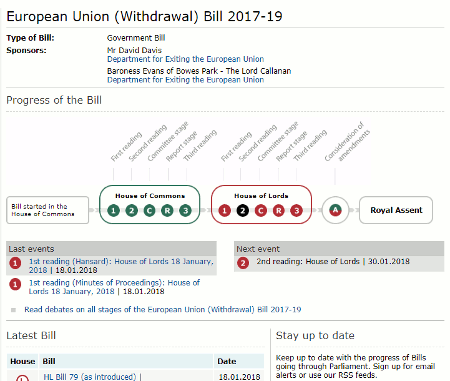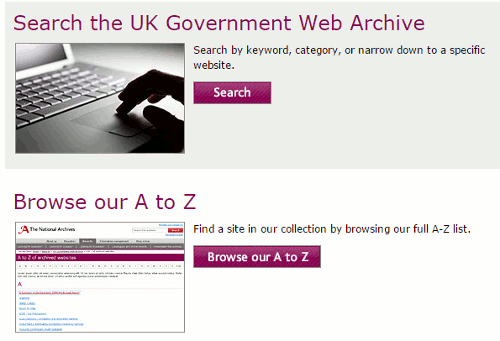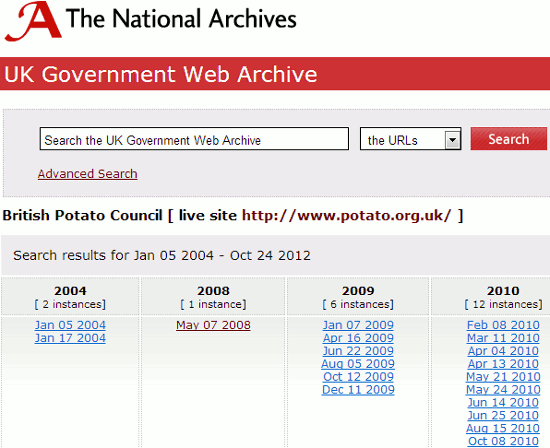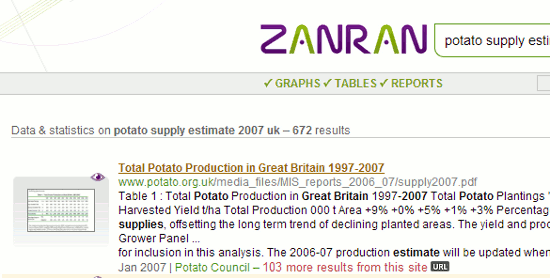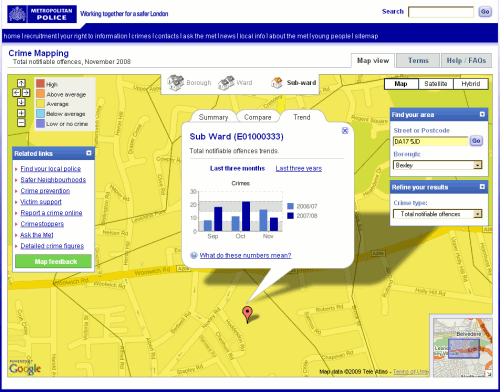Please note: a regularly updated version of this posting is now on the main website at http://www.rba.co.uk/sources/brexit.htm
Those of us living and working in the UK are constantly bombarded with news and information of varying quality on Brexit. I regularly run workshops on sources of business information and, inevitably, these now include a section on the European Union (Withdrawal) Bill, commonly referred to as Brexit. One of the exercises I give those attending the workshop is to draw up their own individual list of resources that they are likely to use for keeping up to date, or as starting points for researching the topic. We then produce a combined list for the whole group. I have listed below a selection of those resources, concentrating on the more general sources rather than industry specific sites that were mentioned in some of the sessions. It is by no means a comprehensive list and this blog posting will not be updated, but I have created a separate web page Brexit – UK withdrawal from the EU, which will be added to and amended periodically.
EU referendum results
Electoral Commission EU referendum results
The Electoral Commission is the independent body that oversees elections and regulates political finance in the UK. This page shows the voting totals and results by region and by area within that region. You can download the results data in full as a CSV file. There are also links to results visualisations, information on grants to designated lead campaigners, the Electoral Commissions assessment of the EU referendum question and their recommended amendment, and the voting guides.
EU Referendum Results – BBC News
The BBC referendum results page and linked pages presents the same information as the Electoral Commission but in a slightly different way. There are links to the BBC news stories and videos on and around the date of the referendum.
Results of the United Kingdom European Union membership referendum, 2016 – Wikipedia
Another page showing the voting results in a variety of ways but in addition this one has links at the end to external sources reporting on the run up to the referendum and local press articles some of which show a breakdown of the results by ward.
News
Brexit: research and analysis – UK Parliament
“Research and analysis from Parliament’s libraries and committees on how leaving the EU will affect different policy areas in the UK”.
Brexit email alerts on updates and new content are available.
Brexit: All you need to know about the UK leaving the EU – BBC News
Background information on the what has happened so far, what is happening now, what has been agreed and what needs to be agreed. There is also a long list of FAQs (frequently asked questions), many of which cannot be answered yet but some possibilities are discussed.
The Guardian – Weekly Brexit Briefing
A very useful summary and update from The Guardian newspaper on what has been happening over the past week. You can sign up to receive the briefing by weekly email and there is also a weekly Brexit Means podcast.
General News Search
If you are interested in seeing articles that represent a wider range of viewpoints and opinions, run a search on Brexit in Google News and Bing News. As well as the national and regional UK papers, these will also pick up stories appearing in the press in other countries.
Legislation
European Union (Withdrawal) Bill 2017-19 – UK Parliament
Use this page to monitor the progress of the Bill through Parliament and see related documents such as:
- Full text of the Bill as introduced and further versions of the Bill as it is reprinted to incorporate amendments (proposals for change) made during its passage through Parliament.
- Tracked changes versions of the Bill
- Explanatory Notes
- Full list of amendment papers relating to the Bill.
- Public Bill Committee and report stage proceedings
- House of Commons Library and House of Lords Library briefing papers
- Will write letters (Questions put to government Ministers during debates on Bills may be answered by the Minister saying ‘I will write to the Hon Member’. “Will write” replies are not published in Hansard but are placed in the Library of the House concerned and published on the Parliamentary website.)
Alerts on changes to the page, stage reached by the Bill, and new documents are available by email and RSS.
Blog | UK Constitutional Law Association
Affiliated to the International Association of Constitutional Law. The UKCLA blog provides analysis and comment on matters of constitutional law in the UK. Not suprisingly, many of the current blog postings cover some aspect of the European Union (Withdrawal) Bill.
Jack of Kent blog
“News and comment on law and policy, from a liberal and critical perspective”. Written by David Allen Green who is a legal commentator at FT.com and a former legal correspondent of the New Statesman. Currently posting mainly about Brexit.
Public Law for Everyone – Professor Mark Elliott
Another source of comment and analysis on the EU (Withdrawal) Bill. Written by Mark Elliott, Professor of Public Law at the University of Cambridge, a Fellow of St Catharine’s College, Cambridge, and Legal Adviser to the House of Lords Select Committee on the Constitution. The views expressed on this blog are in a purely personal capacity.
